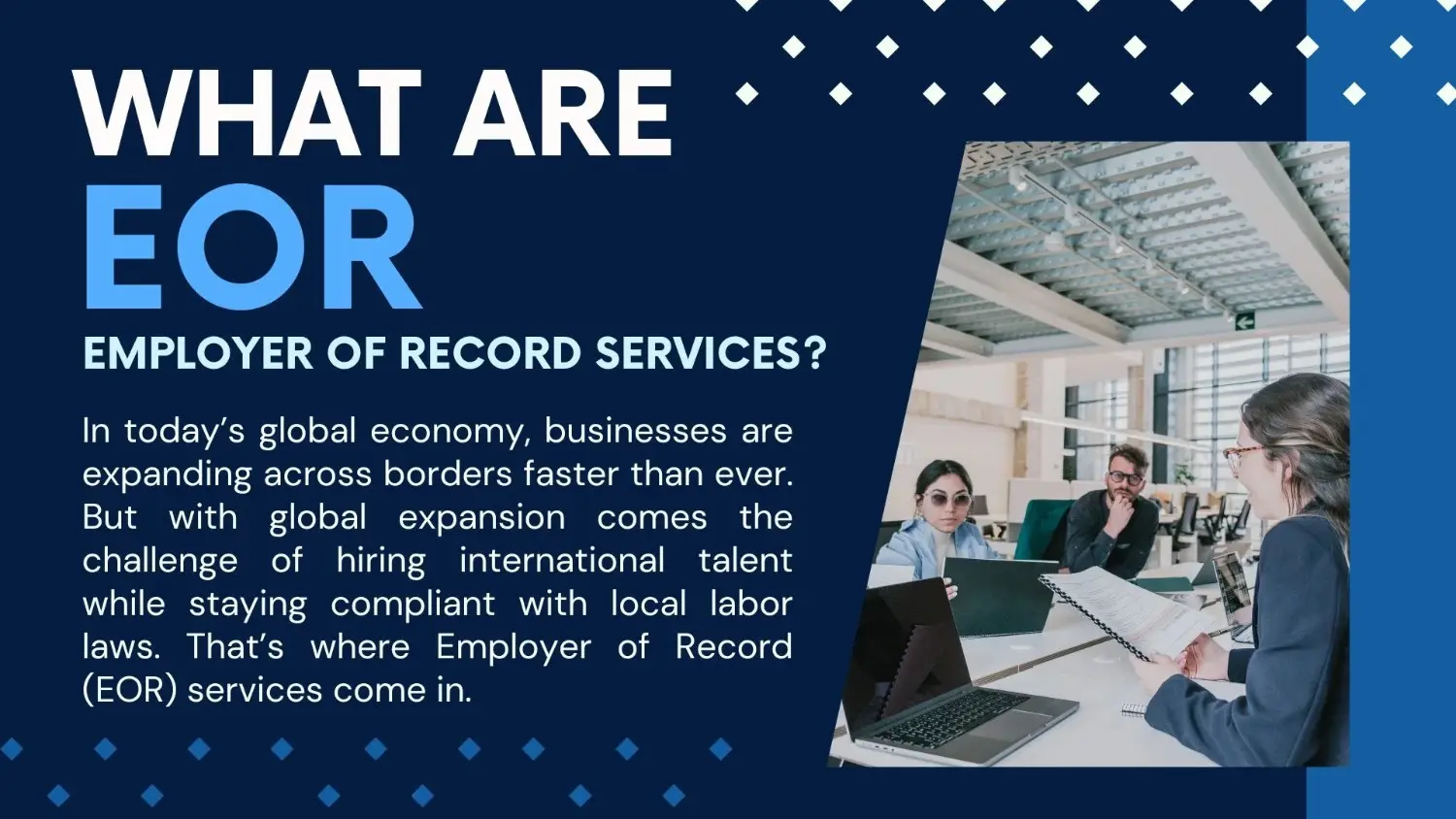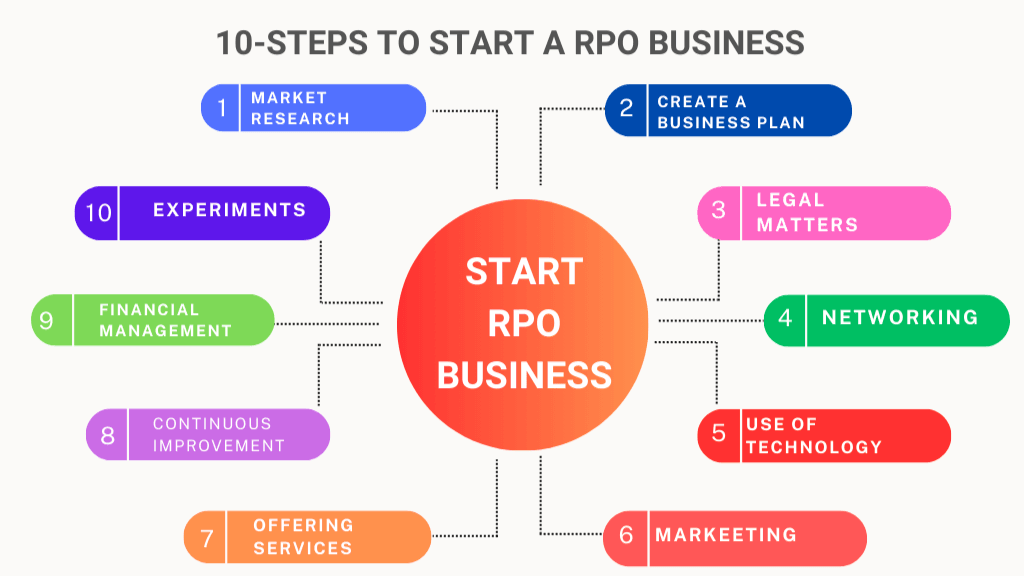
Table of Contents
ToggleWhat Is a Virtual Assistant?
Virtual assistants provide remote management services to companies and clients so that companies can perform their duties remotely, thereby increasing their business and reducing costs. This is one of the best career options among the types of assistants that offer flexibility and diversity across multiple industries. Virtual assistants enjoy the freedom of remote freelance work while also managing their own duties, which often provide opportunities for entry-level employees and advance their careers to beginner. Employers benefit from hiring virtual assistants because they can save time and money and expand their business by outsourcing tasks to virtual assistants instead of hiring full-time employees or doing the work themselves.
How to Become a Virtual Assistant Step by Step? Road Map for VA
Now in our career life we decide that we will become a virtual assistant. But the question arises, how are virtual assistants made? So I would like to share with you some steps that will help you become a virtual assistant. Now we know these points and will read them in more detail later which will help us more.
- Identify your strengths
- Define the services you’ll offer
- Consider a specialization
- Set up your home office
- Search for your first clients
- Build a portfolio
- Market yourself and build your network

1. Identify your strengths
The first step to becoming a virtual assistant is knowing and determining your strengths. Even if you don’t have direct management experience, there may be skills that can be transferred from your previous roles and are possible with a virtual assistant. Think about all your past experiences. Understand these experiences and list the skills and abilities you have that you haven’t yet used that potential employers might need, e.g. That is specific technical skills, sales skills or customer service skills or data processing skills.
2. Define Your Services
Determining the specific services you can offer as a virtual assistant or the skills that are currently at the top of the market is essential to effectively targeting potential clients and landing jobs. Once you know the services you will offer, it is important to choose your salary or what you are willing to pay for the work. Some virtual assistants opt for hourly, daily or weekly rates, while others prefer to be paid on a per-task basis and some talk up to the project and its duration. By carefully considering these factors, you can improve your position and attract the right clients for your services.
3. Consider a specialization
By focusing on a specific market, virtual assistants can increase their pay rate and client retention according to that skill. Consider doing Possible areas of specialization include email marketing, customer support, call center, product online sales, social media management or website design. There are many online courses and management certifications available that can help you expand your marketable skill set.
4. Set up your home office or Office
In remote work, a comfortable, quiet, and distraction-free work environment is essential for success. While some virtual assistants may only need a laptop and cell phone to complete their work, space isn’t always necessary, but the type of work you do may require additional computers, monitors, or phone lines. Maybe if you need a team to get work done for clients. When setting up your home office, some common equipment you may need includes a headset, reliable internet, an office table, computer, dedicated land lines, and a machine for printing, copying, and scanning.
5. Search Your Clients to start work
Starting your career as a virtual assistant by finding your first clients is essential. You may need to start by accepting small, low-paying jobs and working alone until you build experience and positive reviews. Create a list of potential clients that you find online based on market updates that you think could benefit from your services. Get in touch and offer your services by phone or email or through LinkedIn, which is considered important these days. You can find your first clients in a variety of places, such as your own professional network or online or search by your niche.
6. Build a portfolio
After you’ve gained virtual assistant experience and skills, you can create a profile to describe it all. can know Ask your clients for feedback and collect examples of your work with customer testimonials and add them to your profile. A portfolio can be particularly beneficial to highlight skills such as writing or design. Building a portfolio can help you get more clients and effectively showcase your skills to gain access to better paying jobs and longer term jobs.
7. Build your Network and Market yourself
Whether you are a good virtual assistant depends on your services, qualifications and skills. No one can hire you until someone knows your skills and experience. You create a website and present your portfolio and your skills and experience to people through this website. Use social media, industry associations and professional networking sites to make yourself visible online and drive potential clients to your website so they can learn more about your services and have an easy way to contact you. can be Marketing is an ongoing process that you can engage in to set yourself up for success.
Role of Virtual Assistant in BPO
A Virtual Assistant plays a very important role in Business Process Outsourcing BPO. A virtual assistant helps enhance many functions in BPO services. As you know what BPO is and how it works in this industry, the role of a virtual assistant in this industry is very fluid as it involves interacting with clients online as an intern. And they can handle customer enquiries, process transactions, provide IT support and analyze data and have direct links to clients.

FAQs
Virtual assistants provide remote management services to companies and clients so that companies can perform their duties remotely, thereby increasing their business and reducing costs. This is one of the best career options among the types of assistants that offer flexibility and diversity across multiple industries. Virtual assistants enjoy the freedom of remote freelance work while also managing their own duties, which often provide opportunities for entry-level employees and advance their careers to beginner.
- Identify your strengths
- Define the services you'll offer
- Consider a specialization
- Set up your home office
- Search for your first clients
- Build a portfolio
- Market yourself and build your network
Whether you are a good virtual assistant depends on your services, qualifications and skills. No one can hire you until someone knows your skills and experience. You create a website and present your portfolio and your skills and experience to people through this website. Use social media, industry associations and professional networking sites to make yourself visible online and drive potential clients to your website so they can learn more about your services and have an easy way to contact you.
A Virtual Assistant plays a very important role in Business Process Outsourcing BPO. A virtual assistant helps enhance many functions in BPO services. As you know what BPO is and how it works in this industry, the role of a virtual assistant in this industry is very fluid as it involves interacting with clients online as an intern. And they can handle customer enquiries, process transactions, provide IT support and analyze data and have direct links to clients.
A portfolio can be particularly beneficial to highlight skills such as writing or design. Building a portfolio can help you get more clients and effectively showcase your skills to gain access to better paying jobs and longer term jobs.
Create a list of potential clients that you find online based on market updates that you think could benefit from your services. Get in touch and offer your services by phone or email or through LinkedIn, which is considered important these days. You can find your first clients in a variety of places, such as your own professional network or online or search by your niche.
Related Posts














